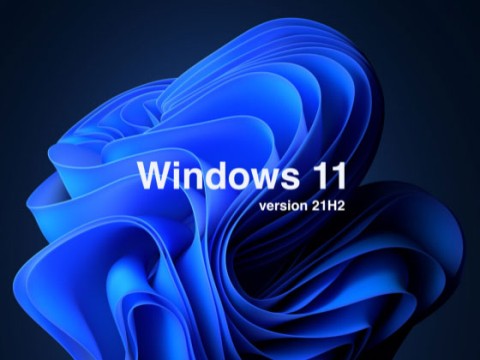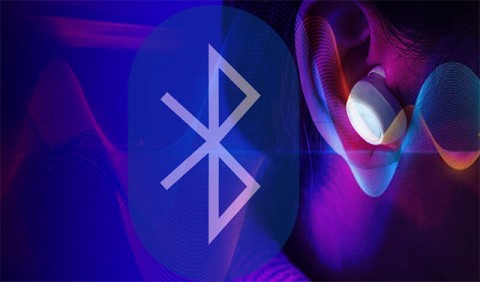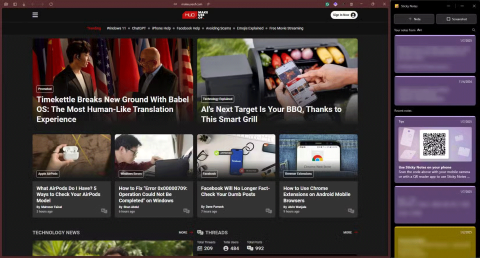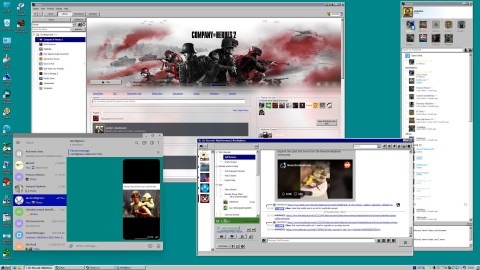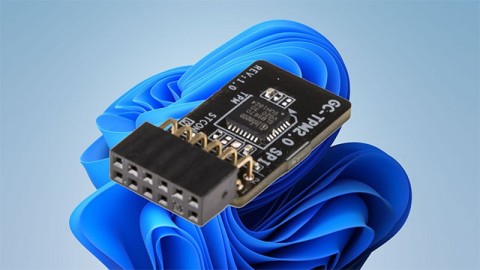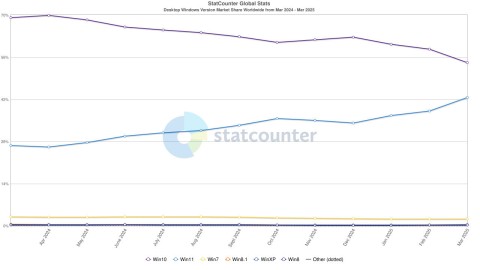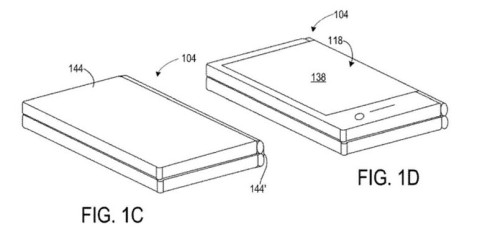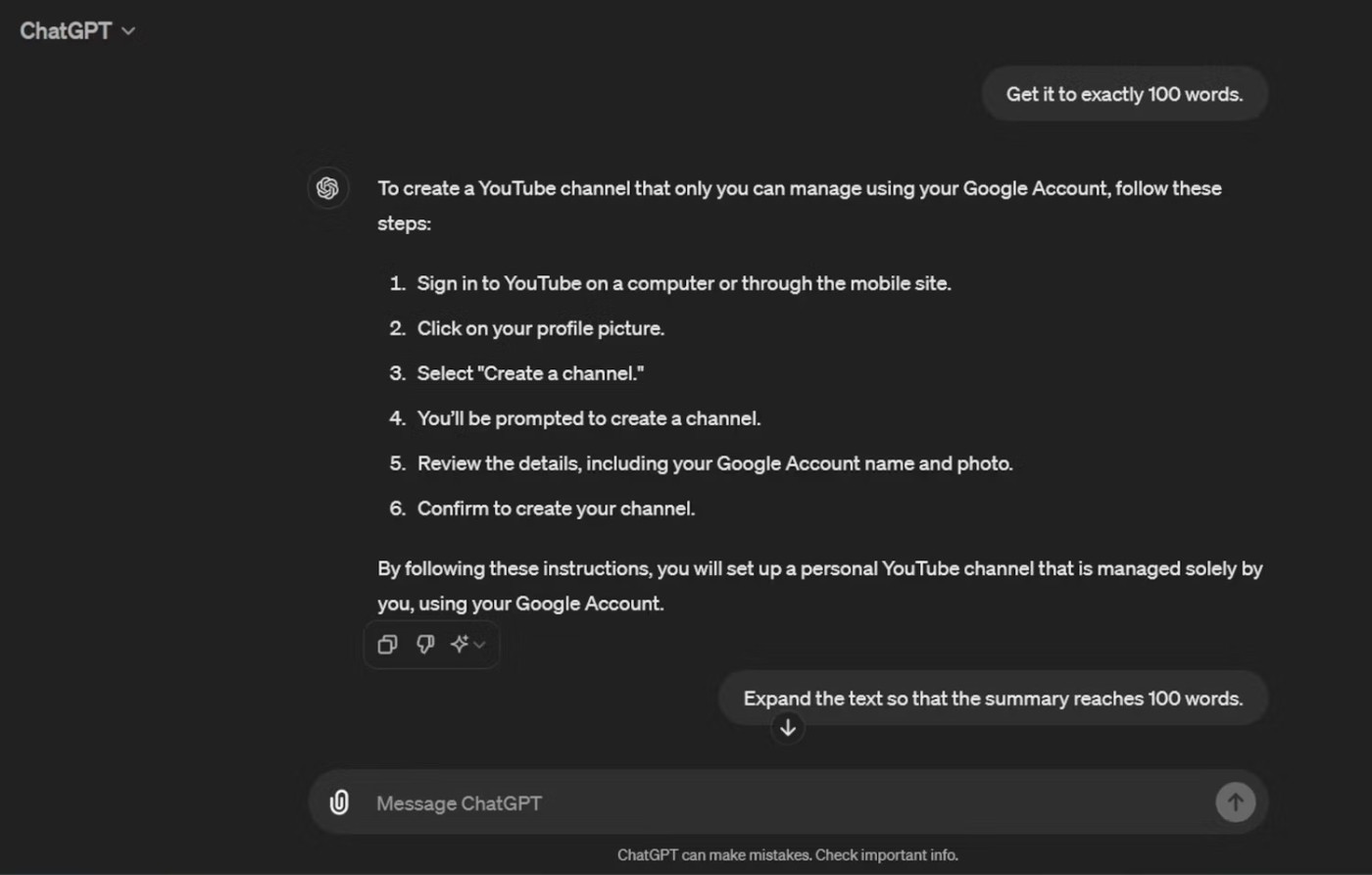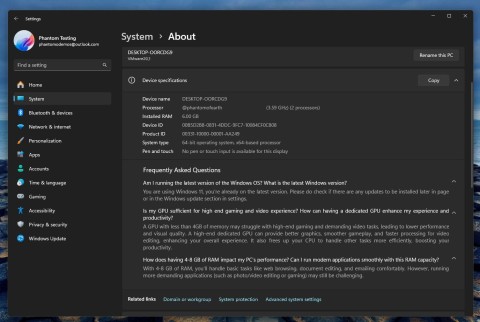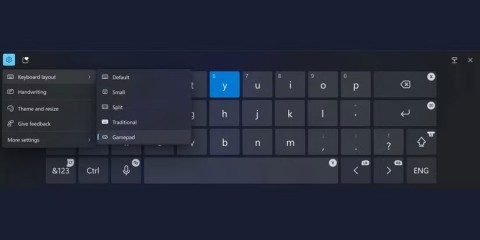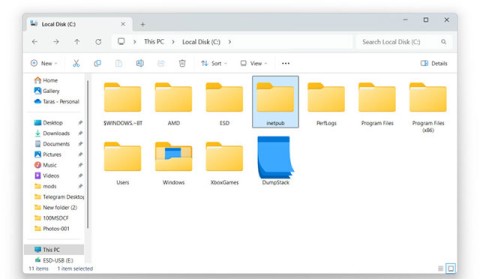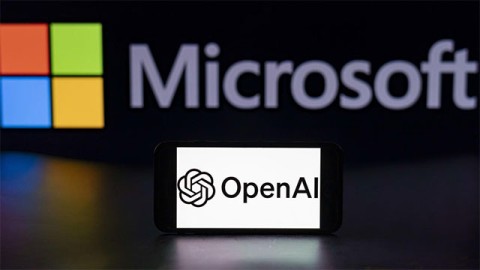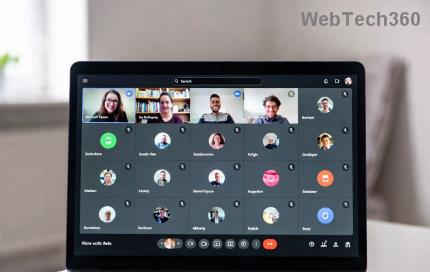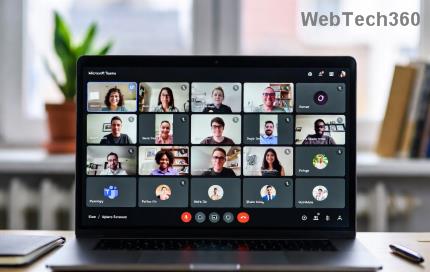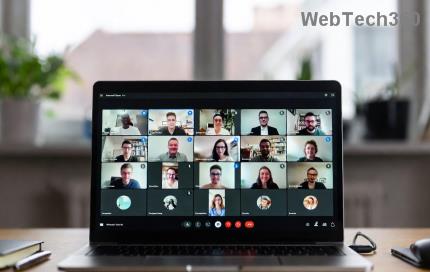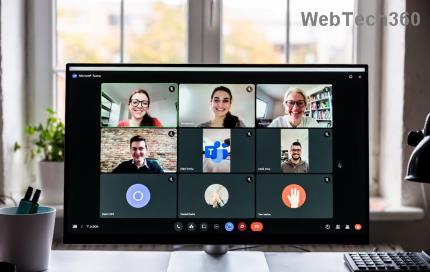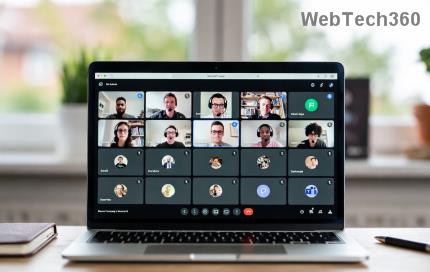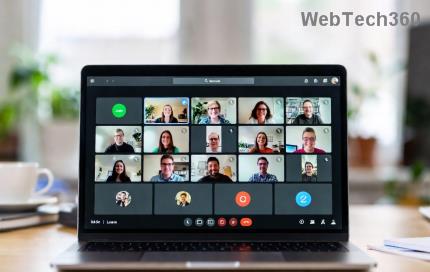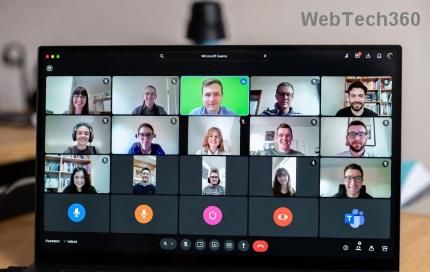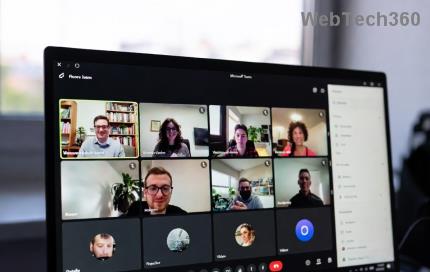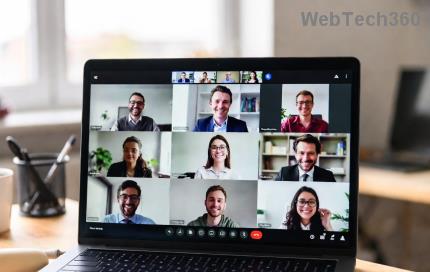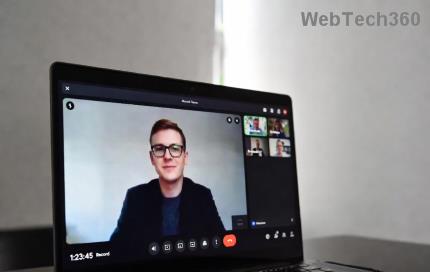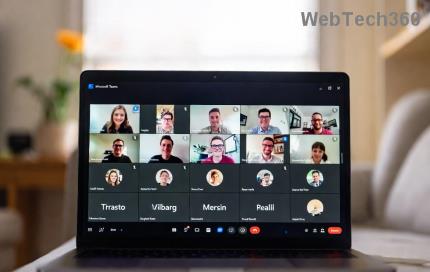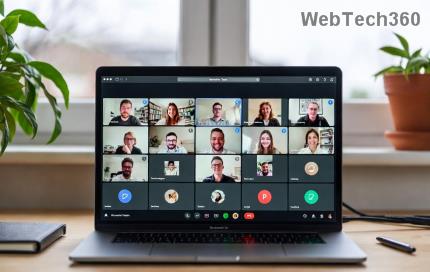It's no surprise that Microsoft wants Windows 10 users to upgrade to Windows 11. The company even suggests that those who don't meet the hardware requirements should get a new Windows 11 PC — a move that's not environmentally friendly, especially if you're using an SSD instead of a HDD.
As Windows 10’s end of support approaches in October 2025, most users will be considering switching, and Microsoft expects that to happen. TPM 2.0, one of Windows 11’s most controversial system requirements, has been clarified by Microsoft as to how it will make the operating system better than its predecessor.
In a recent blog post, Microsoft highlights four key benefits of TPM 2.0 in a way that is easy for most users to understand:
- Data Protection : TPM encrypts data, making it difficult for hackers to access sensitive information such as personal, financial details or confidential files.
- Ensure trusted software : TPM checks the integrity of software and firmware through Secure Boot, preventing malicious code from activating at startup.
- Anti-physical tampering : If someone attempts to remove hardware without authorization, the TPM detects the change and prevents the system from booting.
- Support for advanced security features : Many of Windows 11's most powerful security tools (like full-disk encryption) rely on TPM, which helps protect data even if a device is lost or stolen.
Notably, despite boasting about the security capabilities of Windows 11, Microsoft recently removed VBS (Virtualization-Based Security) from versions 23H2, 22H2, and 21H2 of the operating system.
Overall Benefits of Windows 11
Besides security, Microsoft also emphasizes other advantages of Windows 11 over Windows 10:
- Stronger security : TPM ensures software integrity and data encryption – critical against increasingly sophisticated cyber threats.
- Better user experience : Updated interface, high compatibility and smoother performance.
- Future-ready : Upgrading to Windows 11 keeps your device compatible with future updates and security features.
While Microsoft lists “improved performance” as a benefit, that’s debatable. But for all that, Microsoft is still hoping that Windows 10 users will make the switch soon, even if it means investing in new hardware in many cases.
